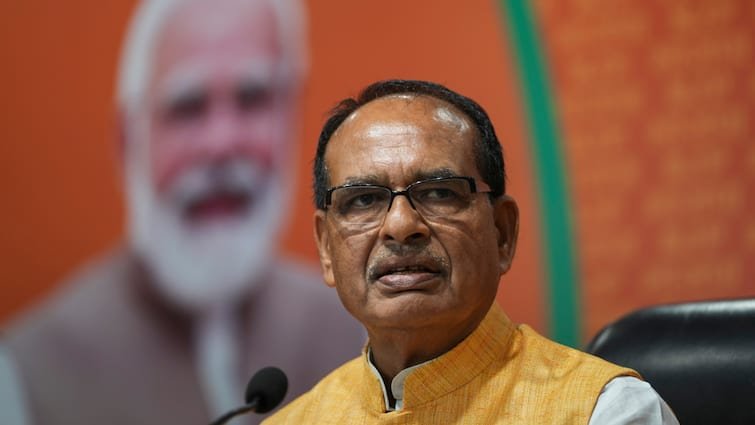A Wave of Protests Sweeps Kenya Amid Controversial Tax Hikes

A Nation’s Outcry: Kenyans Demand Government Accountability Amid Controversial Tax Hikes and Economic Strain
In recent weeks, Kenya has been gripped by a wave of protests triggered by proposed tax hikes, evolving into a wider campaign for more accountable governance. Demonstrations began on June 18, initially peaceful but turning violent on June 25 when protesters breached police barricades and stormed parliament, causing significant damage and prompting police to respond with live fire. The Kenya National Commission on Human Rights reported 39 deaths since the protests began.

The unrest has stunned the nation, with President William Ruto agreeing to shelve the contentious Finance Bill 2024 after initially wavering between condemning the protests and promising talks. Despite this concession, demonstrations continued on June 27 and July 2, with a national vigil planned for July 7 to honor those killed by police. Protesters, driven by broader grievances about governance and economic conditions, have criticized the government for living in luxury while imposing austerity on the public.
President Ruto, who took office in August 2022, inherited a challenging economic situation with high national debt and limited revenue. His administration’s response included cutting subsidies and raising taxes, which fueled public anger. The Finance Bill 2024, proposing measures such as a 16% VAT on bread and an “eco tax” on certain products, galvanized opposition and led to widespread protests. Despite parliamentary support for the bill, the public outcry and scale of protests forced the government to reconsider.
The government’s reaction to the protests has been mixed, with both repression and promises of dialogue. On June 20, police used tear gas and live ammunition to disperse protesters, resulting in deaths and injuries. While President Ruto hinted at talks and praised the peaceful nature of the protests, unidentified individuals, believed to be police officers, abducted prominent protest organizers. The situation escalated on June 25 when protesters stormed parliament, leading to violent clashes and further deaths.
In response to the unrest, President Ruto announced on June 26 that he would not assent to the finance bill and promised cost-cutting measures to cover the deficit. The Kenyan constitution mandates public participation in legislation, but critics argue that this requirement is often ignored. The rushed passage of the Finance Bill without adequate consultation exacerbated tensions.
Going forward, preventing more deaths and ensuring accountability for police actions should be priorities. Western allies, particularly the U.S., have an important role in urging restraint and supporting peaceful resolution. President Ruto has made some concessions, but younger Kenyans’ trust in the political establishment has been eroded. An independent investigation into the violence and a clear timeline for promised reforms are essential to rebuild public trust.
The economic roots of the protests highlight the need for addressing fiscal challenges across Africa. Kenya, while faring better than some countries, faces significant debt and economic pressures. Western partners and international financial institutions should consider measures such as debt restructuring to support African nations in managing these challenges and preventing further instability.
In conclusion, Kenya‘s protests underscore the urgent need for responsive governance and economic reforms. As the nation navigates this period of unrest, the focus should remain on ensuring justice for victims, meaningful dialogue between the government and protesters, and addressing the underlying economic issues driving public discontent.




